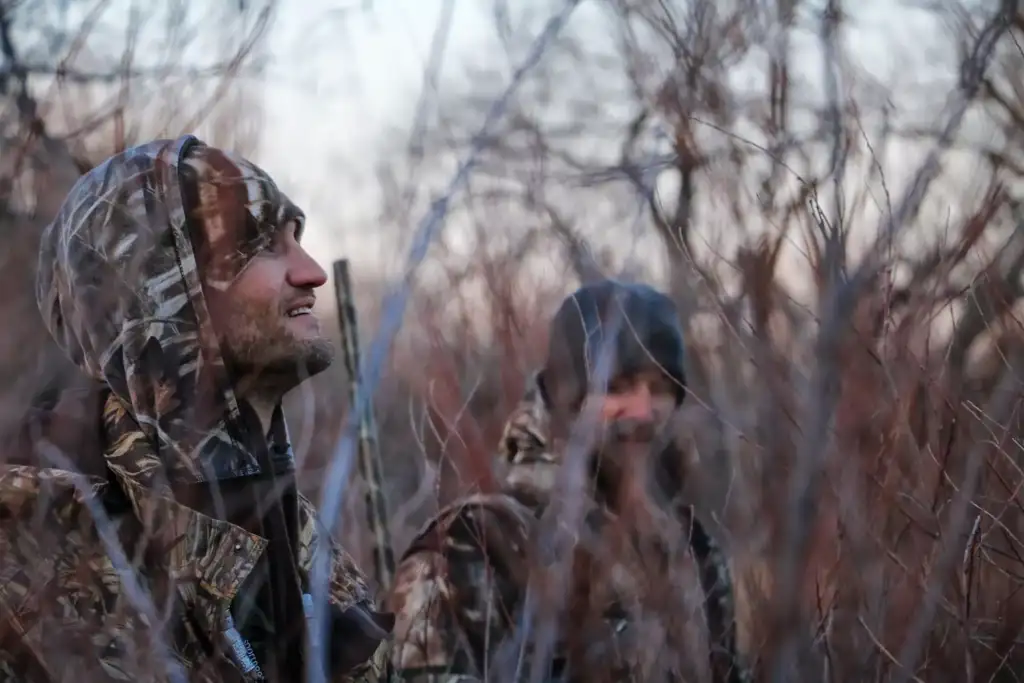Share This Article
A hunting trip can be a great experience, or it can be a miserable disaster. The difference often comes down to preparation and avoiding common mistakes. In this blog post, we’ll discuss four of the most common errors first-time hunters make and how to avoid them. If you’re planning your first hunting trip, read this post!
1) Not doing your research
Researching for a hunting trip is essential to ensure you have the best experience possible. Before embarking on your first hunting expedition, it’s essential to understand the local laws, regulations, and licensing requirements. Investigate the rules in the area you plan to hunt and get familiar with the species of game and bag limits. Make sure you know the right times of year for different species, as well as when hunting is not allowed in certain places or parks.
You should also study similar topics such as firearm safety, proper handling of harvested game, scouting techniques, and tracking skills. Learn what type of gear you need and ensure it is packed and ready to go before your trip. Bringing a map or GPS device to find your way around without getting lost in unfamiliar territory is also beneficial. Knowing the local plant life can help you identify food sources for wildlife, increasing your chances of success on the hunt. Finally, practice shooting at a range to improve your accuracy before aiming in the field.
2) Not being prepared
Hunting requires you to be prepared for the elements and other unpredictable circumstances. In an emergency, you must bring extra clothes, food, water, shelter, and medical supplies. Besides providing necessities, getting a few items to keep yourself occupied, such as books or magazines, is also beneficial. Having something to do while away from camp can help pass the time during long waiting periods for the game.
It’s also essential that your weapon is maintained correctly before heading out on your hunt. Ensure your firearm is cleaned and lubricated before departing, and check if you need new ammunition or additional accessories such as a Night Vision Scope or slings. If using a bow, ensure it is appropriately strung and the arrows sharpened. Having the right gear for your hunt can make all the difference in a successful trip.
3) Not being aware of your surroundings

Awareness of what is happening around you is critical to a safe hunting experience. Ensure you always know where your fellow hunters are located so that no one gets injured by friendly fire. Also, be wary of other wildlife, such as bears or cougars in some areas. Respect their space and never approach them unless necessary. If you encounter dangerous animals, stay calm and back away slowly while making noise to scare them off.
In conclusion, following the tips mentioned in this article can save you from a miserable first-hunting trip by avoiding common mistakes. Researching the local laws and regulations, being prepared for the elements, and being aware of your surroundings are all essential to having an enjoyable experience. With these tips in mind, you’ll be well on your way to becoming a successful hunter.




